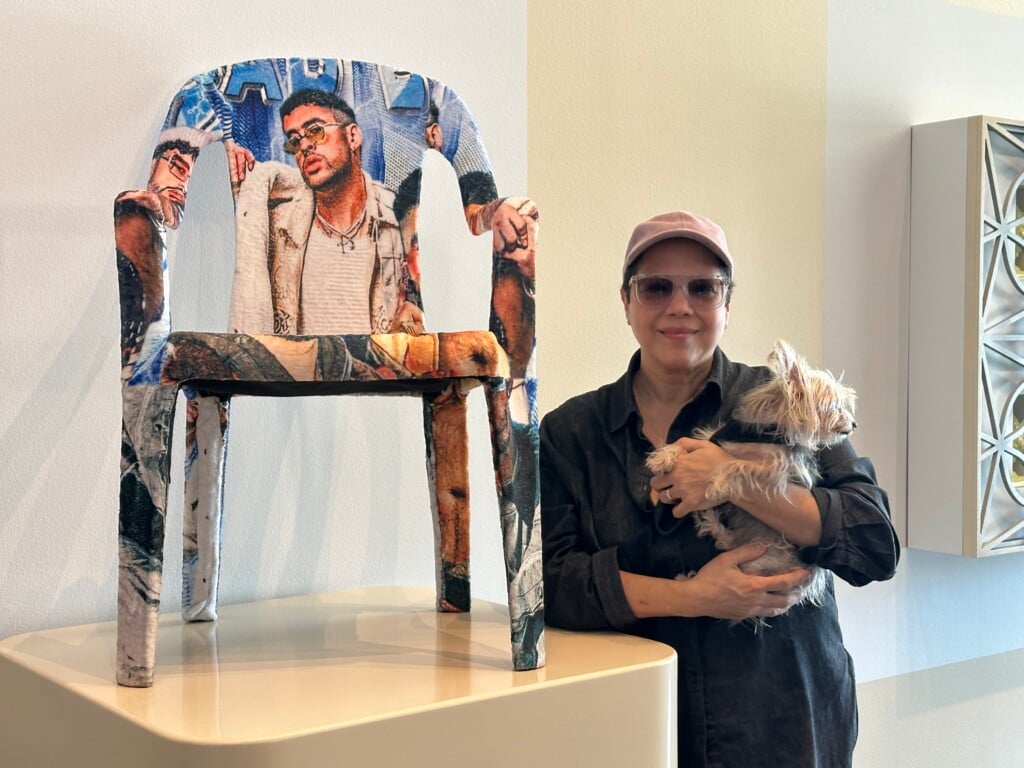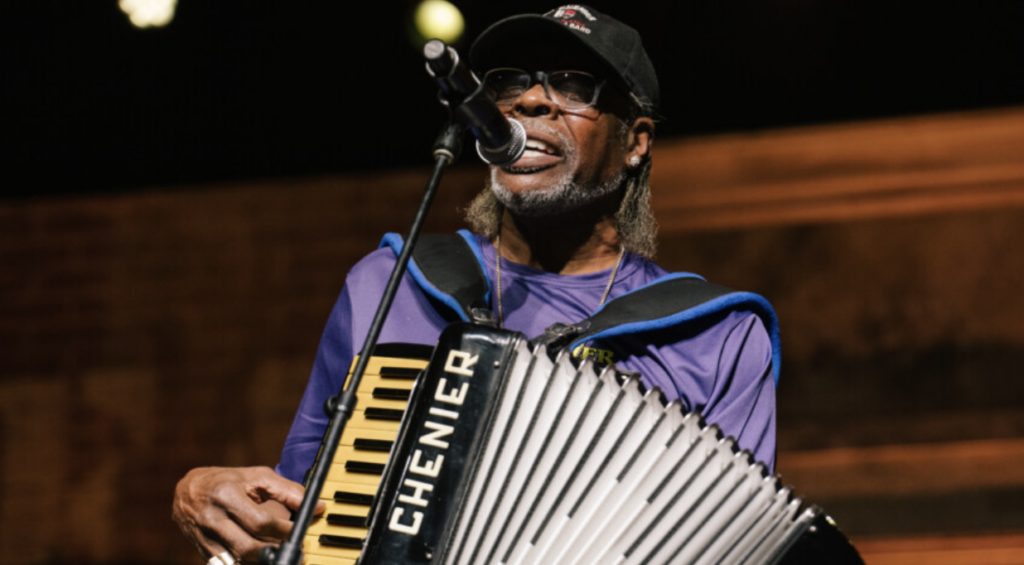Alpha Beta

If you’ve seen the film version of Nick Hornby’s 1995 novel High Fidelity, you’ve heard The Beta Band. It’s The Beta Band’s Champion Versions EP that John Cusack’s character (owner of record shop Championship Vinyl) boasts he will sell five copies of after he plays the Scottish group’s “Dry the Rain” in the store. In a movie that celebrates music fandom’s distinctive zealotry, the scene hits home for anyone who has ever wandered into a record store looking for one thing and come out thrilled with something different and new.
“Richard’s the only one of us who’s read [High Fidelity],” says The Beta Band’s singer, guitarist and primary songwriter, Steve Mason, from a tour stop in Washington, D.C. “He hated it.”
Bass player Richard Greentree was the last to join the quartet, which also includes drummer Robin Jones and sample-guru John Maclean. The movie’s producers initially tapped The Beta Band to score High Fidelity. “At the time, we were changing managers, so it was difficult for them to get hold of us. But they said they still wanted to use ‘Dry the Rain.'”
Mason’s sardonic, matter-of-fact tone and the band’s wrong-place-wrong-time luck are typical of the group’s recent history. If compromise is a dual-edged implement, it typically ends up gutting even strong bands. The Beta Band is all about compromise.
“The music is the only thing we haven’t compromised,” Mason, 28, says. He sounds neither defensive nor pleased. “We want to be a successful mainstream band. We believe we’re what the mainstream needs for people who have no hidden agenda and aren’t organized by record companies. We’ve put so much work into America.”
But until now, the Beta Band hasn’t sacrificed its integrity on MTV’s silicon altar. Mason has been outspoken in his criticism of the cable network’s domination of American youth culture. His stance hasn’t changed, he says, but the group will tape several hours of between-video banter for MTV next week in a bid for greater recognition.
“We’re going in to introduce the latest batch of watered-down fucking pap that’s coming out of America,” Mason says. “We’re going to do it straight-faced and loving every minute of it because we need the exposure. Three of us didn’t want to do it. We labored long and hard on the decision. Our manager said, ‘If this goes the way I think it will….'”
This is the part where the ambitious numbers-crunching manager says, “You will be bigger than U2.”
“… He said we’re committing commercial suicide,” Mason finishes. The band’s manager fears that this is a dare his charges will lose, unable to camouflage their contempt for all things Carson Daly. “But we’ve worked and lived close to commercial suicide the whole time.”
In the process, the band has lost money “hand over fist,” Mason says. Opening for Radiohead this summer at enormous venues, the Betas soldiered through sets with damaged gear and without the complement of crew members you’d expect to shepherd a major-label act across the country. It was reported that Radiohead’s members helped the Beta Band set up every night, a story, Mason says wryly, he can “neither confirm nor deny.”
“It’s difficult, even post-Radiohead, to be on the road having very little money,” Mason explains. It’s only the second night of the Beta Band’s new American tour, but the group’s Leslie cabinet and bass amplifier are shot. Greentree is using Mason’s backup Marshall for his bass, a bit of triage that would inspire a more superstitious musician to cringe and hold his breath. “When equipment breaks, it’s a struggle finding the money to replace it. We hope one day to have money for that,” Mason says. If the Marshall goes, the Beta Band will be unplugged whether MTV is around or not.
Not that Mason is complaining. As someone who admits he is “too haphazard” to be a perfectionist, being in a band that lives within its means and refuses to tote around a debt-making arsenal of new equipment comes naturally to him. Mason projects not stoicism but quiet defiance.
“The only thing that would stop us is if people stop buying tickets,” he says.
The band honed its stage act after its 1999 self-titled full-length was filleted by critics. “It was kind of depressing,” Mason says. “The record company had given up promoting it, so everywhere we went, there was nothing going on for us. They’d stopped spending money on it and had sent us out of the country [on tour] just to get us away from them.” So The Beta Band stripped away the disc’s superfluous touches and connected with its following, staving off the erosion of a fanbase built on the three mostly stunning four-track discs that introduced the band to record buyers. (For this tour, the Betas have rehearsed only one song from The Beta Band; they rarely play it.)
For this year’s better-received Hot Shots II, the Betas started over. “I felt like we had to prove something,” Mason says. “I had to prove to myself and to the rest of the band that we are a special band that is capable of making great records. I knew I could still write some good songs. By the time we went into a rehearsal studio with the new songs, we didn’t have any fears left.”
Hot Shots II, despite its too-glib title and dumb explosion-in-space cover, delivers on the promise of the best songs from the Beta Band’s initial EPs. Surpassing what Mason has referred to as the group’s “folktronic” sound, the disc is rhythmically commanding and melodically sturdier than the Betas’ previous output. Its layered production never overshadows Mason’s confident writing or sounds less than organic, the work of four musicians with real instruments.
“We can’t actually physically play any of the songs before we record,” Mason says. “It restricts your imagination to make four people sit there and play the songs. We build up the tracks as we go. But later, sitting down to rehearse is kind of intimidating.”
After touring Hot Shots II, Mason is unsure how long the band will wait before recording a follow-up. He jokes that the band is “still deciding” whether it should stay together, having satisfied its original goal of issuing three EPs. Still, Mason says the band members are, despite setbacks and tensions on the road, “very close.”
“I’m quite a private person, really,” Mason says. “I’m quite shy and not good at making friends, making the initial talk with people.” Those who perceive him as aloof, he says, are mistaking his social hesitancy for a typical artistic demeanor, as though no other occupation suits quiet types. Mason, who worked in a small garage prior to forming The Beta Band, says, “If I were still a car mechanic, they’d just think I was a grumpy car mechanic. Which I was.”




